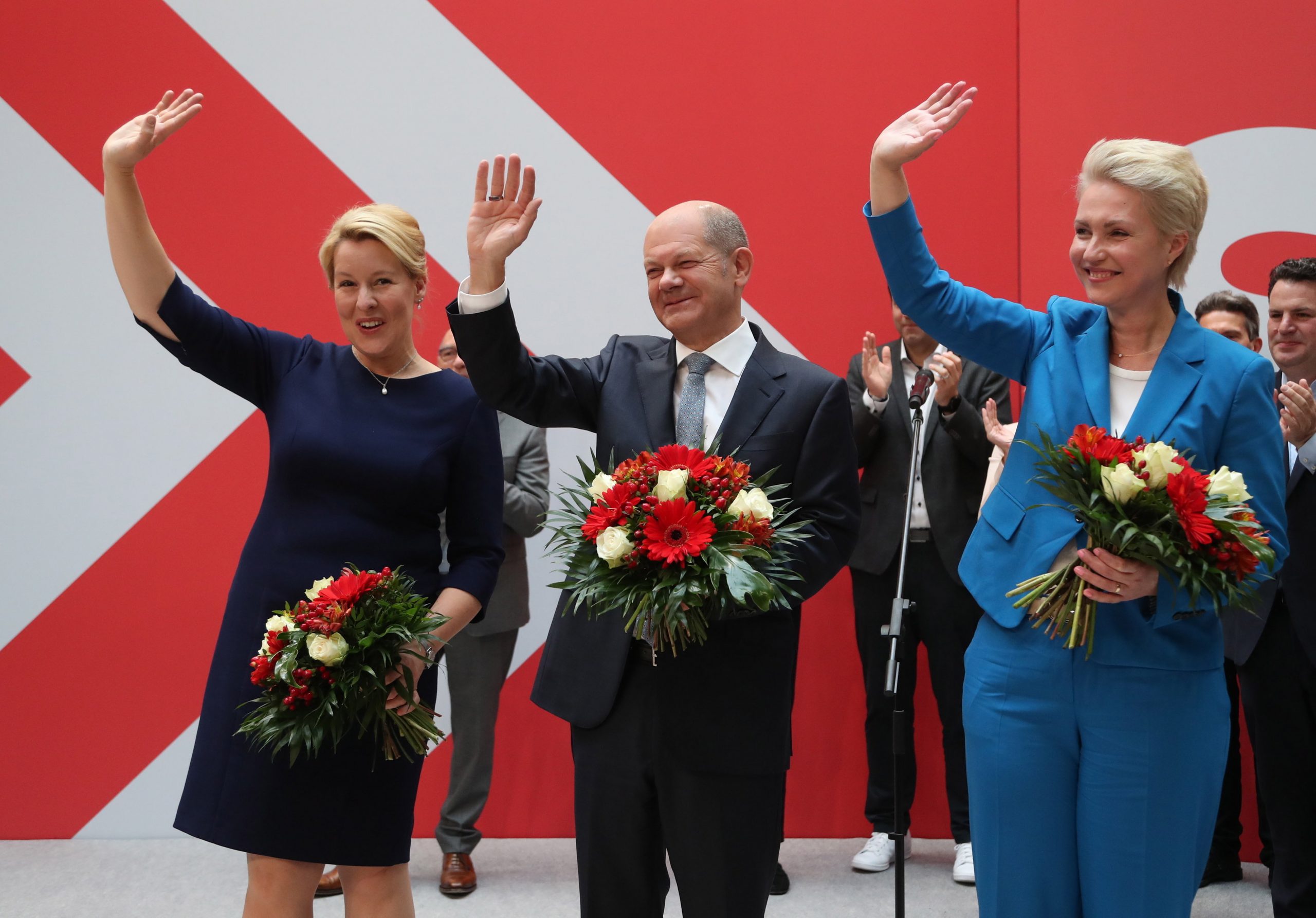
In the first snap reactions to the Bundestag election results, pundits across the political scene foretell more tension between the next German government and Hungary.Continue reading

Now that the results of the German federal elections are known, opinions differ as to how this will affect German-Hungarian relations. One thing is certain, however: the economies of the two countries are very much intertwined, dominated above all by German automotive companies and increasingly by the defense industry.
This article was originally posted on our sister-site, Ungarn Heute.
Since the victory of the German Social Democrats in Sunday’s federal election, many in Hungary have been asking how German-Hungarian relations will now move forward. While the Hungarian opposition believes that an eventual traffic light coalition will be a harsh critic of the Orbán administration for adhering to the principles of the rule of law, analysts and government politicians emphasize the mutual dependence of the two countries’ economies, which, however, would rather see the continuation of a pragmatic policy.
The fact is that there has been a significant expansion of German companies in Hungary over the past decades.
Data from the Hungarian Statistical Office shows that three-quarters of the “added value” of German companies in Hungary (76% in 2018) comes from four sectors: machinery and equipment, information technology services, electronics, and plastics.
Automobile corporations
One can now come across a German automobile plant in almost every region of Hungary: in the west (Audi in Győr), and in the south (Mercedes in Kecskemét), the economy of complete cities havd become dependent on these companies, while the new BMW plant is under construction in Debrecen in eastern Hungary. In addition, German companies have invested in Hungary mainly in the fields of information technology, electronics, as well as in the plastics industry, so that they now employ a total of almost 300,000 people in this country.
For this reason, it is important for Hungary to know what the next German government plans to do with the German car industry.ed According to an analysis by Reuters, the Greens would make the biggest change by relying more on bicycles and public transport and wanting to stop the sale of gasoline and diesel cars from 2030. The Social Democratic Party of Germany (SPD), on the other hand, would not set a deadline for this measure and would rather provide state support for the sale of e-cars.
German defense industry to move to Hungary?
As Ungarn Heute also reported, Hungary and the United States have recently spent the most on German arms purchases, according to data recently published by the German Ministry of Economy. During this governing period since October 2017, the German arms industry has earned 22.5 billion euros. Hungary left 2.7 billion euros to German defense companies, leaving even the United States behind with its spending of 2.4 billion euros.
“German and Austrian defense companies are on the move because they don’t feel secure in their operations. The outcome of the elections in Germany could be decisive in this regard,” said the Minister of Innovation and Technology, László Palkovics, to the Hungarian portal Világgazdaság even before the federal elections.
According to the minister, the issuance of export licenses for military equipment is already delayed because of the German authorities, which will certainly not change under a different (left-wing- ed.) government. Palkovics believes that this will also help the two countries to open up more to our country.
What do the experts say?
According to Hungarian economist, Péter Ákos Bod, the other German parties would not have such good contacts with these car companies as is the case with the CDU, and what’s more, they will be much more critical of sustainability, the green idea, and European values with the countries that previously had a relatively good understanding with the Merkel administration . However, this contradicts the fact that Germany trades more with the Visegrad 4 countries together than with its western neighbor France.
According to András Hettyei, lecturer at the University of Public Service in Budapest, in the event of an SPD-led German government, the intensity of economic ties between the two countries will not diminish, but the critical tone regarding Hungary could intensify. A real danger could only be posed by possible government participation of the Greens if as a consequence the German car industry is radically reshaped.
Sources: HVG, ATV, Portfólió, Reuters
Featured image via Zsolt Szigetváry/MTI